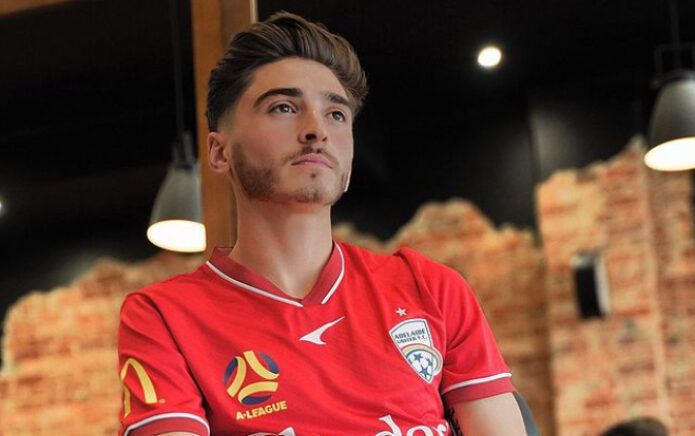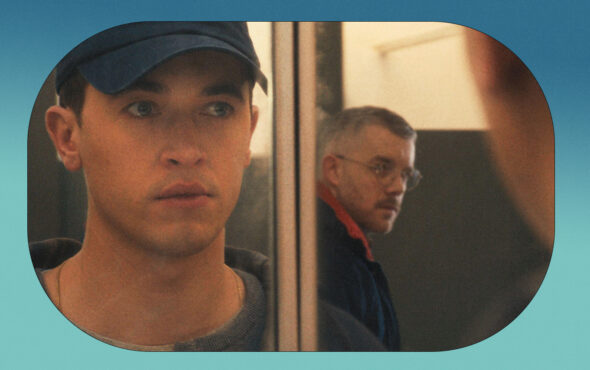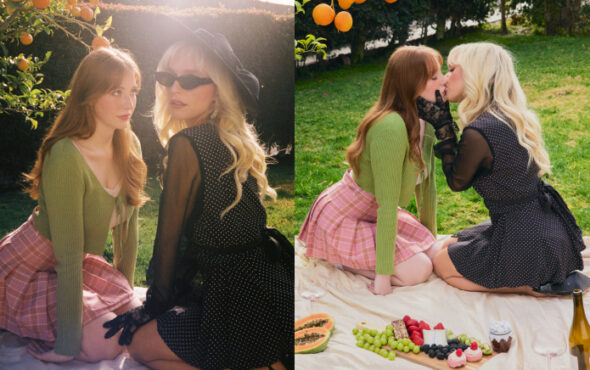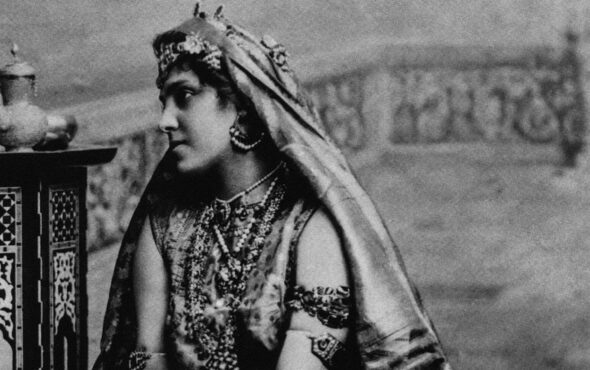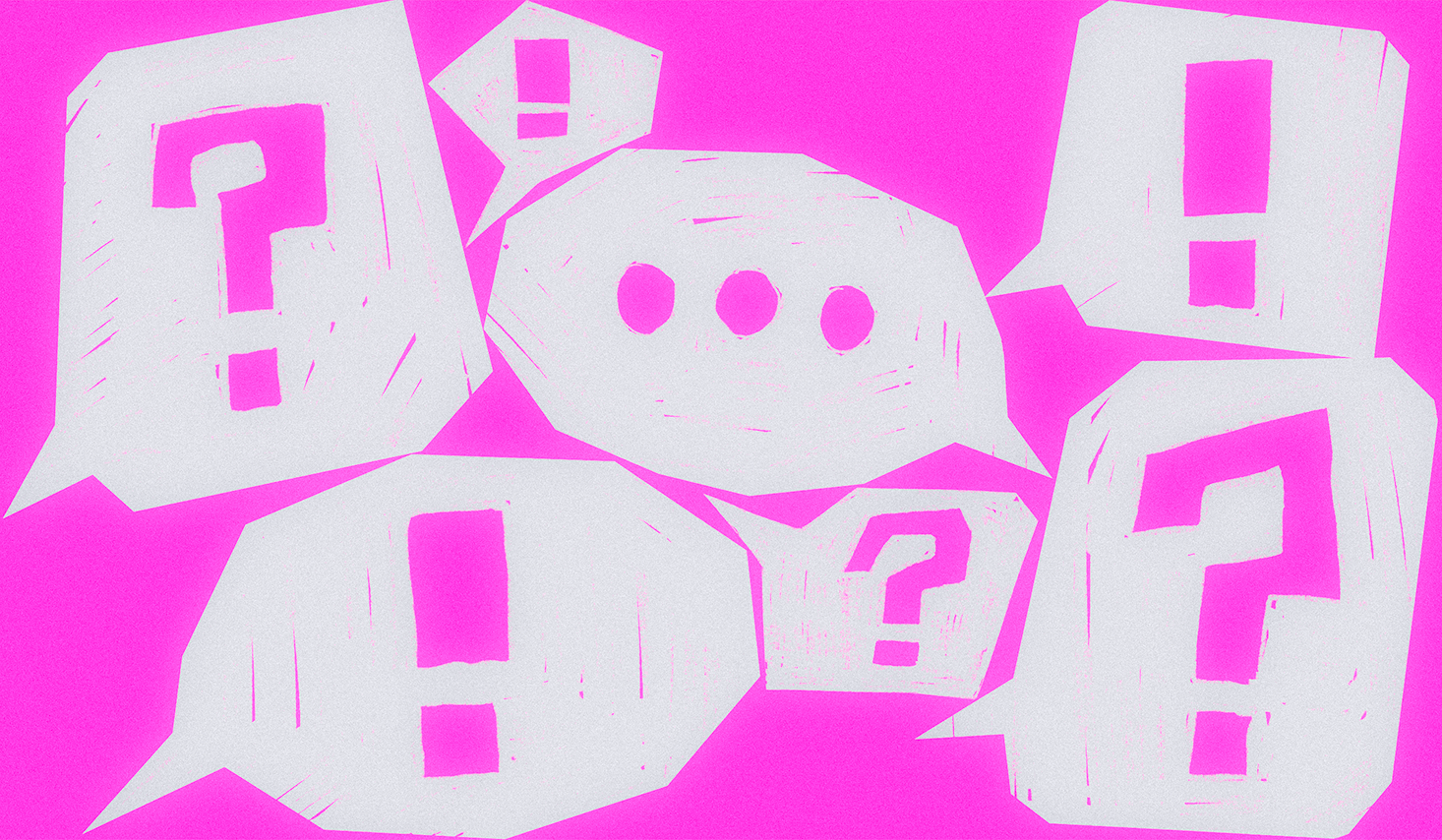
The media places a lot of emphasis on celebrities coming out, whether that’s Kit Connor being forced to out himself due to relentless online criticism, or Billie Eilish being put on the spot on the red carpet, or “Gaylor Swift” fan theories. There seems to be a new trend of speculation about celebrities’ sexualities or identities, as if it is information we’re owed. This fascination with labelling people in the media goes beyond being entitled and presumptuous, it is a dangerous invasion of privacy.
Media and social media discourse is becoming increasingly fixated on questioning celebrities’ sexual orientations. Whilst I’m all for queer representation in the media and do see value in celebrities wearing their LGBTQIA+ identities with pride, I take issue with the ongoing media obsession with labelling people before they have labelled themselves. Nowadays, it seems that celebrities can’t express their queerness without giving a name to it, something that not everyone is ready to do.
Seeing this new trend play out is incredibly unsettling. Coming out is deeply personal and for some queer people, labels can be a source of anxiety and confusion. As a proud bisexual/pansexual/queer person (note the amount of slashes here), I worry that we’re pressuring celebs to label themselves prematurely. What’s equally as troubling is the expectation for them to adhere strictly to the labels they choose.
There’s something quite disconcerting about realising you’re part of the LGBTQIA+ community but not really knowing which letter represents you. When I discovered my queerness, I felt an immense pressure to choose a label and stick to it. I desperately wanted to define my identity. Maybe it was an attempt to understand myself or an endeavour to help people around me understand me more, but in any case, I was pressuring myself to make a decision.
What no one tells you about being part of the LGBTQIA+ community is that there are a multitude of sub-communities and cultures too. I thought that having a label and feeling part of one of those groups would be empowering, and for a long time, it was. I settled on ‘bisexual’ and I was so happy. Suddenly I was buying LGBTQIA+ tote bags and painting my nails with the bi flag colours, I labelled myself as bisexual and I wore that label with pride.
But after settling into my identity, I started to question if bi was the right label for me. Maybe I was pan and I just hadn’t explored that, or maybe I should just use ‘queer’ as a broader term to describe myself? After embracing my sexuality for over two years, all of a sudden I felt just as confused as I did when I was in the closet. I realised that I had rushed into choosing a label when I could have just recognised my attraction to women without naming it – it turns out that is an option too!
I put this unnecessary pressure on myself to always know exactly who I was at every given moment, but I don’t think there is a single person on the planet who can really know that. After a lot of reflection, I decided that it really didn’t matter what word I used to describe myself, as long as I was happy. Now, I allow myself to change my labels whenever I like and I don’t offer an explanation to those around me. Want to label yourself? That’s okay. Don’t want to label yourself? That is perfectly fine too, do what is best for you.
However, I’m afforded the privilege of my minor identity crisis happening in private. No one really cares if I identify as bi one day and queer the next, but the same can’t be said for public figures. The constant scrutiny we put on people in the spotlight makes floating between different identities, or changing the language they use, near impossible. I think more people should be open to the idea that, just like everything else in the world, sexualities and identities can change.
As humans, we’re constantly evolving, so it shouldn’t be a surprise that our sexuality evolves with us. We need to let people come out (or not come out) on their own terms, and I hope in the future that we can move towards a culture where we care less about the words someone uses to describe themselves, and just let them exist.
Phoebe volunteers as an ambassador for Just Like Us, the LGBT+ young people’s charity. LGBT+ and aged 18 to 25? Sign up here!
